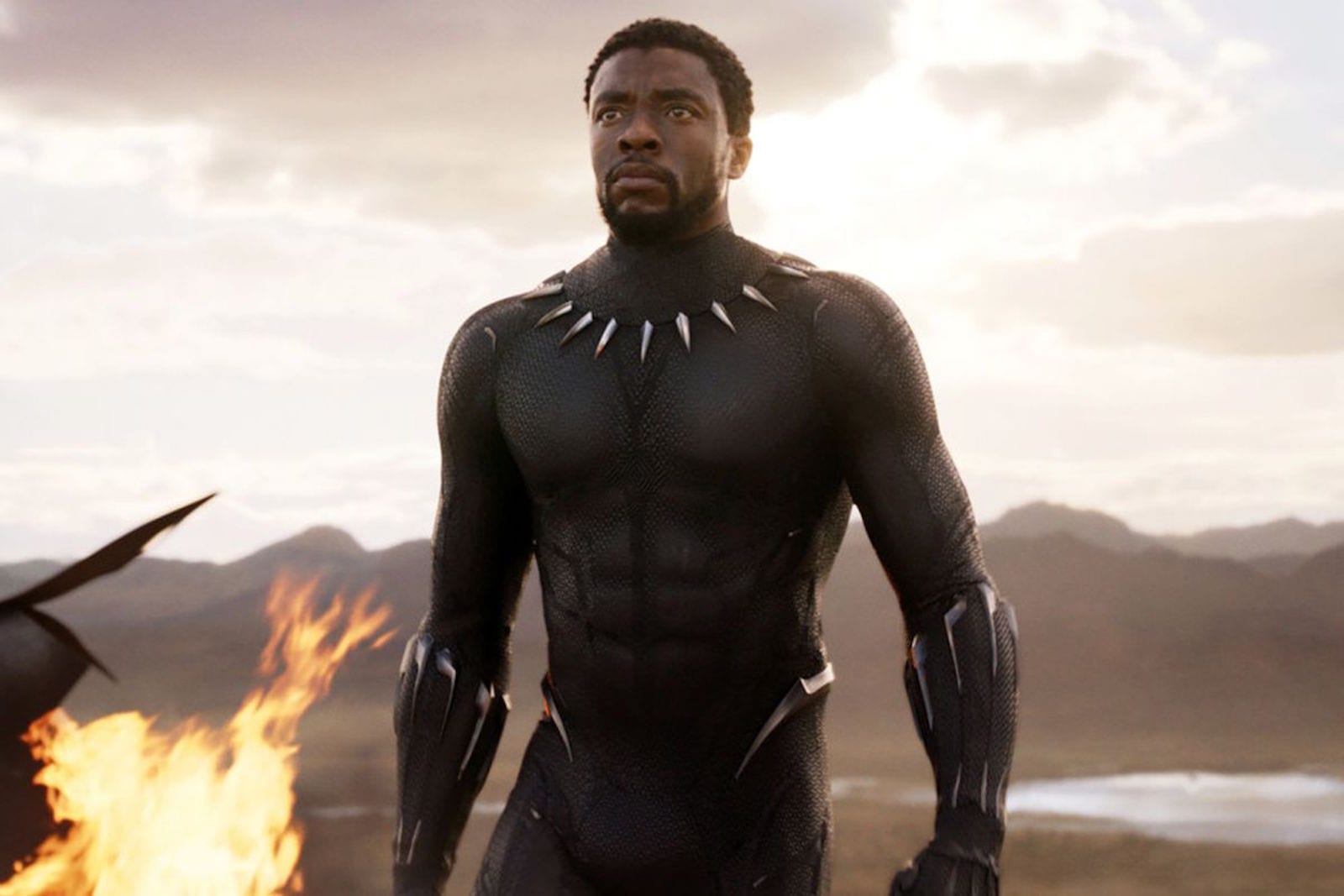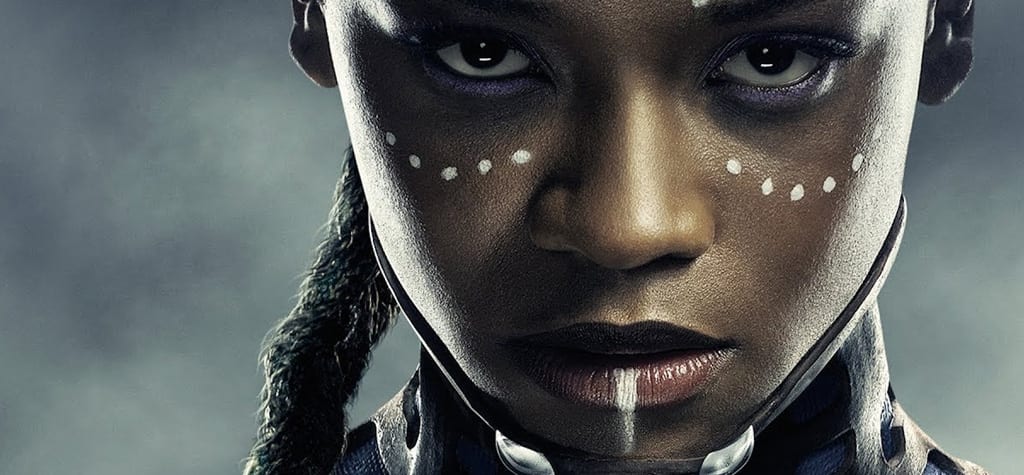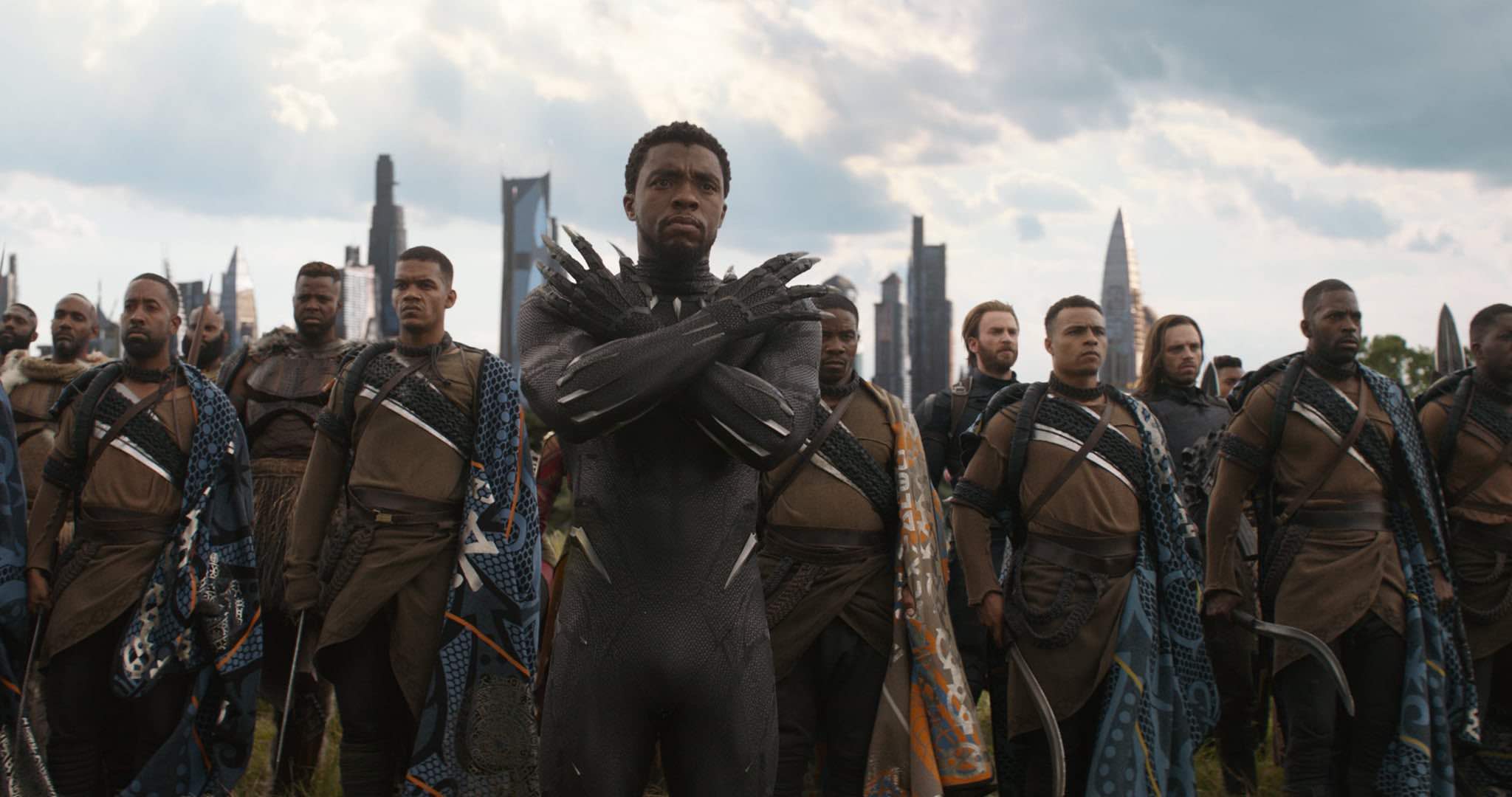
Afrofuturism: ‘Needle in a Timestack’ and the new wave of sci-fi
Filmmaker John Ridley (12 Years a Slave) is adapting Robert Silverberg’s 1966 short story Needle in a Timestack. Currently in post, the film stars Leslie Odom Jr. (Red Tails), Cynthia Erivo (Broad City), Freida Pinto (Slumdog Millionaire), and Orlando Bloom (Kingdom of Heaven) and the story follows a married couple struggling to maintain their relationship in a world where time travel is possible.
The film reportedly follows the husband as he pursues the time-hopping rival who destroyed his marriage, encountering surprising and paradoxical consequences along the way.
As Film School Rejects pointed out, Ridley is renowned for infusing his work with a “nuanced exploration of race” that confronts “the history and oppression that shapes the black experience.” Though this is the filmmaker’s first foray into sci-fi, the genre gives him space to probe the past, present, and the future in contemplating the complexities of race within a time travelling story.

Reimagining Silverberg’s tale with people of color at the forefront could also help to reinvigorate the sci-fi genre that has become stale and a little tiresome. Sci-fi stories have a habit of revolving around the same North American and European settings and regurgitating the same Western folklore and tropes.
Even James Cameron (Aliens) – arguably one of the most “stale, male, and pale” directors in Hollywood – lamented the lack of diversity in science fiction during an interview with IndieWire.
Cameron “stressed that the genre itself needs to evolve from its origins of being too ‘stale, male, and pale’” and that Hollywood is coming up short in delivering sci-fi that explores what it means to be “quintessentially human” and not just a white dude “talking about rockets”.

With films like Ryan Coogler’s Black Panther, Ava DuVernay’s A Wrinkle in Time, Janelle Monae’s Dirty Computer, and Boots Riley’s upcoming Sorry to Bother You, there’s an exciting new wave of Afrofuturism pushing the stagnant boundaries of sci-fi to fresh new worlds.
It isn’t just that people of color are at the center of these narratives (although that representation certainly has value); it’s also that stories and themes at the heart of them offer an inventive exploration of black identity and history.
As Donyae Coles highlighted about the power of afrofuturism for Wear Your Voice, “It’s not just ‘stories that feature Black people as leading characters’. They are stories that put Blackness in a central role and deal with the reality of what that means in the cultures and societies that it creates.”

For a genre that supposedly hinges on the concept of there being infinite possible universes and realities, people of color are still marginalized within it. A 2014 study found that out of the top 100 domestic grossing sci-fi and fantasy movies of the year, only 8% of them featured a protagonist of color, none of which were women and six of which were portrayed by Will Smith (Independence Day).
As Wired pointed out in 2016, “When people of color do appear in science fiction, it’s often as sidekicks or advisers. Black characters are likely to die quickly and are unlikely to ever interact with any other black characters, since many galaxies seem to contain only about three black people.”

This staleness of the genre is evident in some of the stories and tropes that continue to be recycled with a distinct lack of fresh perspective. Is it any surprise sci-fi is so white when many of the core narratives about the future – the ones that Hollywood continues to dip into for inspiration – are between 30 and 50 years old when black identity and culture was barely considered in visions of the future?
As Slate asserted about the issue, “We seem to be recycling big ideas as if we live in an inspiration drought. We’ve retooled Star Trek so many times, it’s starting to look like one of those 1957 Chevrolets still cruising the streets of Havana . . . The fact that we are all so steeped in the same shorthand of the future (intelligent robots; warp drive; retinal displays) is a hint that we’ve become complacent about our dreams.”

At the very least, the current swell of afrofuturistic narratives in cinema indicates there are some dreams filmmakers of color aren’t being complacent about. In a genre that has repeatedly erased or appropriated black identity, history, and experience, it’s powerful to see black culture given the expanse of sci-fi narratives to delve into what it means to be human from a fresh perspective while grappling with current social issues in fantastical ways.
“Afrofuturism is one of our greatest artistic forms of therapy,” conceded Okayafrica in an overview of the genre. “It has inspired and comforted black people for several decades, while simultaneously granting us the freedom to express various creative sides of ourselves. It has helped us cope. It’s helped us believe in a better tomorrow. By writing . . . into the future, we uncovered the secret to rewriting our present.”
Afrofuturism is now and the future is for everyone.



